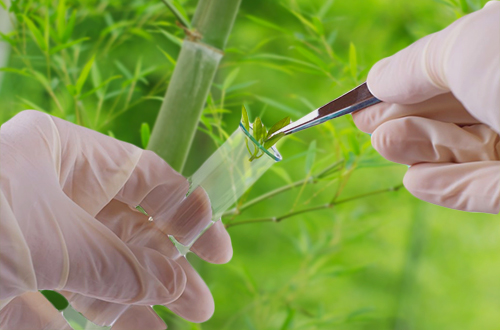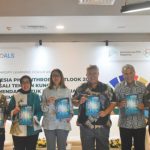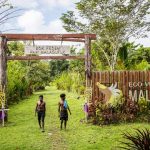Jakarta (Greeners) – Indonesia’s Defense Ministry and Indonesia Biodiversity Foundation (KEHATI) are planning to establish a laboratory specific for bamboos located in Indonesia Peace and Security Center (IPSC), Sentul, Bogor district.
National Strategic Installation Agency Chief, Defense Ministry, Major General Heros Paduppai, said that the cooperation will be in form of bamboo planting aimed to social and economic use.
The efforts, said Paduppai, were targeting not only to conserve biodiversity but also to support national commitment to reduce greenhouse gas emission.
“Bamboo planting at IPSC will not only benefiting science, in the form of the lab, but also provide ecological advantage,” he said at an official release, in Jakarta, on Friday (10/2).
READ ALSO: Erna Witoelar: Environment Issues Cannot Be Tackled Alone
Bamboo, of which Indonesia has more than 150 species, has the ability to absorb eight times more than tropical forests. If the ability of tropical forest to absorb carbon less than 7 tonnes per hectares per year, then bamboo can absorb around 62 tonnes per hectare per year.
Meanwhile, M.S. Sembiring, executive director of KEHATI, said that bamboo planting can help reduce emission significantly. In addition, Sentul area would serve its function as water catchment areas, water reservoir, and reduce flood risk, if managed well.
“The cooperation will not only about planting but also reforestation and presenting social and economical benefits,” said Sembiring.
READ ALSO: Biopiracy Threatens Biodiversity in Indonesia
Bamboo is known as a plant species that would provide massive ecological advantage, including water catchment areas and to prevent erosion.
From social point of view, bamboo has close connection with Indonesia’s culture as there are home appliances based on the materials. In result, this has brought on economic benefits especially demands to produce high quality furniture. In addition, bamboo sprout also provide added value.
“From these multiple benefits, bamboo conservation at IPSC can bring not only impacts to environment but also people,” he said.
Reports by Danny Kosasih



















































